This campaign highlights examples of innovative multidisciplinary research and fundamental science that lead to the discovery and translation of new medicines and treatments into clinical practice, helping to address major health challenges within society today.
What are Clinical Trials and why are they key to modern healthcare?
Clinical trials are fundamental to modern healthcare, but what are they, how do they work and why are they important? Hear James Galloway, Professor of Rheumatology and Clinical Trials Specialist at King's, answer the key questions around clinical trials and explain why almost every decision made involving patients is underpinned by them.

Protein reduces toxicity of drug-delivery material made of graphite
A new publication has discovered improvements that reduce the toxicity of graphene oxide (GO), making it a more viable nanomaterial for delivering medical drugs.
Read the full story

Spinouts: What is a spinout company?
In the development of new medicines, spinouts can play a key role in connecting scientists and experts to transform academic research into real world impact. As part of our current campaign focusing on the development of new medicines and treatments at King’s, we explain the role and impact of spinout companies with examples from across the Faculty.
Read the full story

How medicine development is woven together by the Centre for Pharmaceutical Medicine Research
The UK is one of the world’s leaders in developing new medicines. But even for those working in world-leading organisations, navigating the medicines development process is one that presents many knots to untangle. How can someone lead a project with so many scientific, financial, and legal holes to thread? This is the question that the Centre for Pharmaceutical Medicine Research is trying to address.
Read the full story
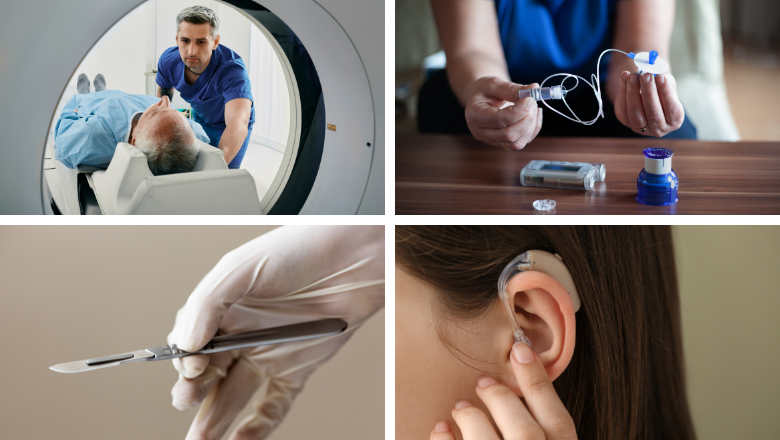
Medicated nails? Spray-on patches? How pharmaceutical medical devices come to market
We often hear about exciting new medicines with the potential to become game changers for various diseases. However, we don’t hear quite so much about new medical devices despite their enormous impact on healthcare. What are they and how are they developed? We spoke to Professor Stuart Jones about three of his medical devices that could hit the market in the next few years.
Read the full story
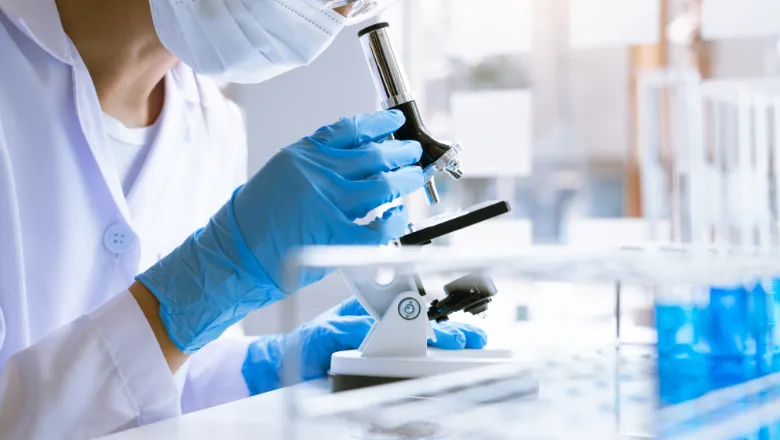
Mini liver model innovations promise more effective drug testing
A laboratory-grown mini liver model uniquely created with liver cells and a synthetic nanoscaffold has shown to be effective in mimicking the liver, promising a new and more effective testing method for medicines that is more ethical than animal testing.
Read the full story

In Conversation with Professor Anne Vanhoestenberghe
Prof Anne Vanhoestenberghe talks to us about what led her to become Director of MAISI and breaking down barriers for student success.
Read the full story
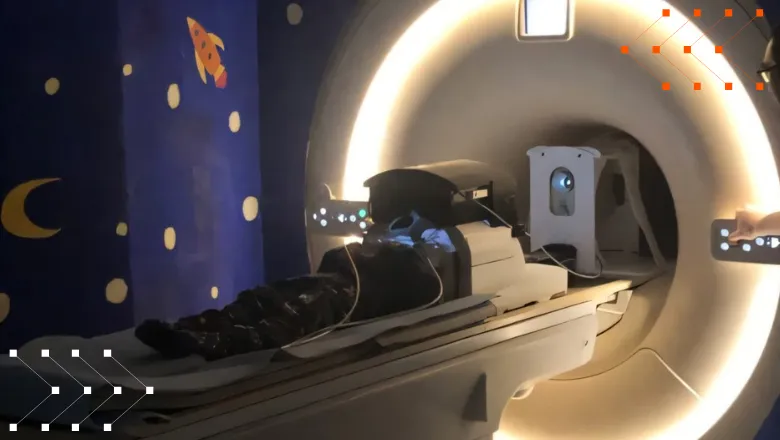
New eye tracking controlled VR system enhances MRI scans for young children
Researchers from King’s College London have developed new eye tracking technology which enables young children to engage in an immersive Virtual Reality (VR) experience while undergoing Magnetic Resonance Imaging (MRI).
Read the full story
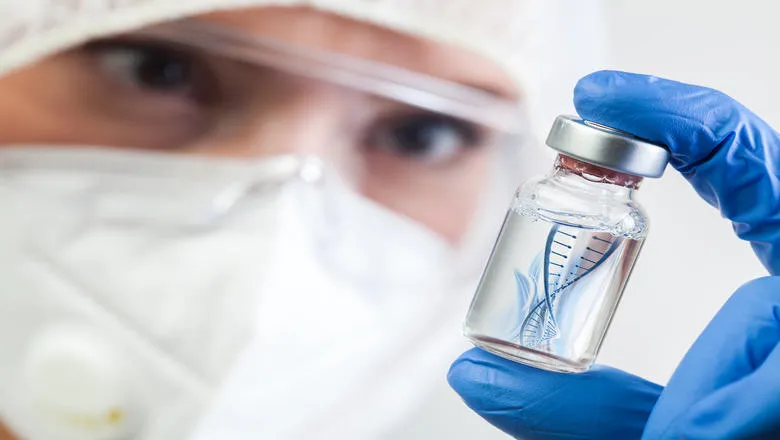
Scientists' new drug-delivery technology is possible breakthrough for multi-strain vaccines
A new way to deliver drugs using a common protein could be used to develop mosaic vaccines, vaccines effective against multiple strains of a virus like Covid-19, among other medicines in a global first.
Read the full story
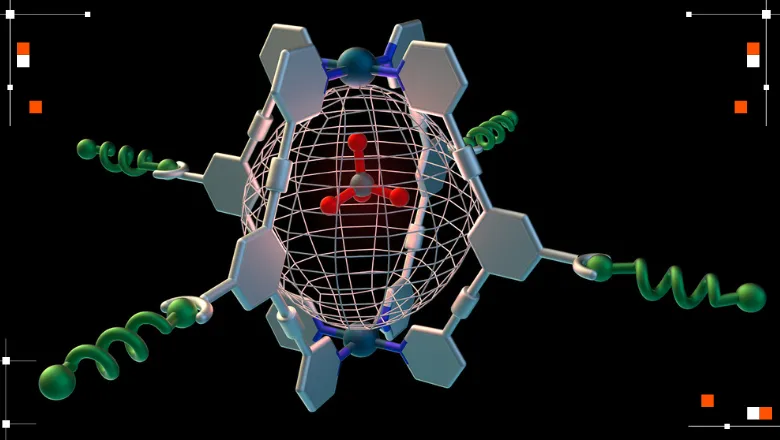
Fighting Cancer with SMARTdrugs
King’s College London researchers are part of an international team working to develop SMARTdrugs, a radiotheranostic platform specifically designed for the diagnosis and treatment of aggressive cancers such as lung and brain tumours.
Read the full story
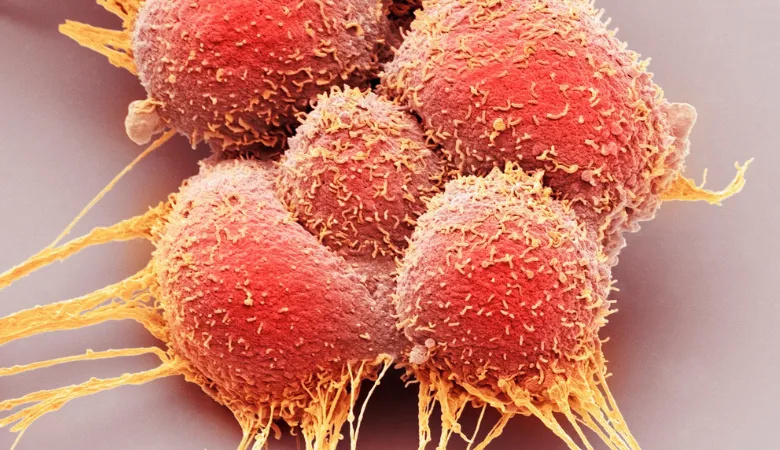
King's biotech spinout Pheon Therapeutics Raises $120m to develop novel anticancer agents
The investment raised at the close of its Series B funding round will enable Pheon Therapeutics (Pheon) to take three new Antibody-Drug Conjugates (ADCs), used to treat cancer, through clinical trials.
Read the full story
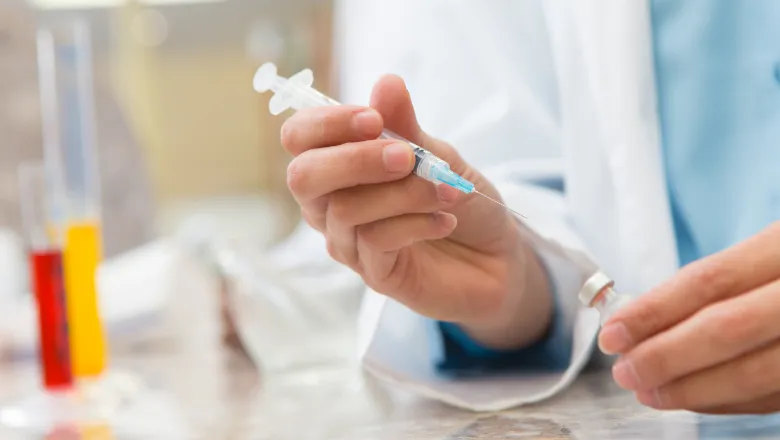
Scientists create tailored drug for aggressive breast cancer
Scientists have used breast cancer cells’ weakness against themselves by linking a tumour-selective antibody with a cell-killing drug to destroy hard-to-treat tumours.
Read the full story
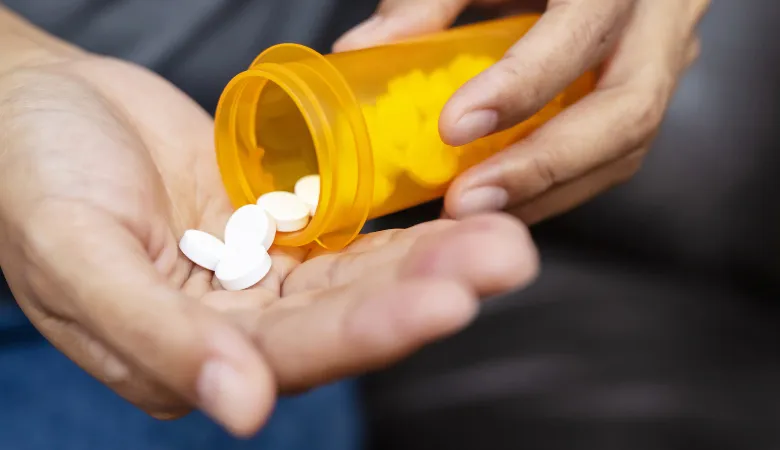
Cows' milk particles used for effective oral delivery of drugs
New research has found that tiny particles present in cows’ milk could offer, for the first time, an effective method for the oral delivery of RNA drugs.
Read the full story